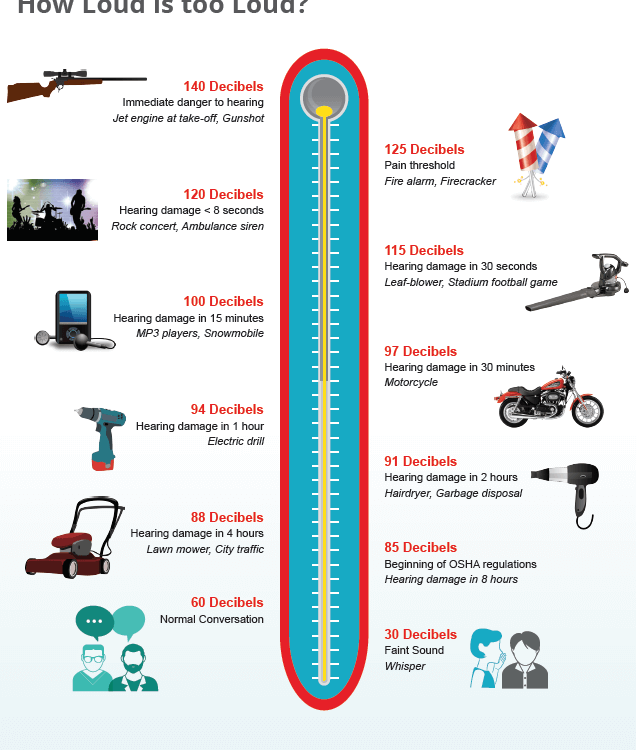Long-term stress can have taxing effects on our health; our hearing health is no exception to this truth. Our hearing relies on tiny sensory hairs in the inner ear to translate sound frequencies into electrical pulses that can then be received and interpreted by our brains.
These tiny hairs rely on healthy blood circulation to function. Once the hairs are damaged, one may experience a loss in hearing because the sounds that go in the ear are no longer being delivered to the brain, the part of our hearing system that understands sound. Thus, anything that restricts blood circulation can negatively affect one’s hearing.
When our bodies experience stress, our adrenaline increases to prepare our bodies to act— we breathe faster to divert oxygen to our muscles. This isn’t harmful in the short term, but long-term stress can suppress our bodily systems and lead to a variety of illnesses. Long-term stress can also reduce blood circulation.
Acute stress can also lead to tinnitus: the perception of ringing or noise in the ears. This can create a vicious cycle where the tinnitus increases stress, while the increased stress worsens the tinnitus.
Taking deep breaths, exercising, and taking time out of your day to spend time with loved ones can help to reduce stress and guard against the illnesses that result from it.
If you think you may be suffering from stress-related hearing loss, get your hearing tested. You can request a free, no obligation hearing appointment through the Campaign for Better Hearing website.
Are you ready to start your journey to better hearing? If you are a Canadian over the age of 18 who may have hearing loss, book a free hearing test with us today!





